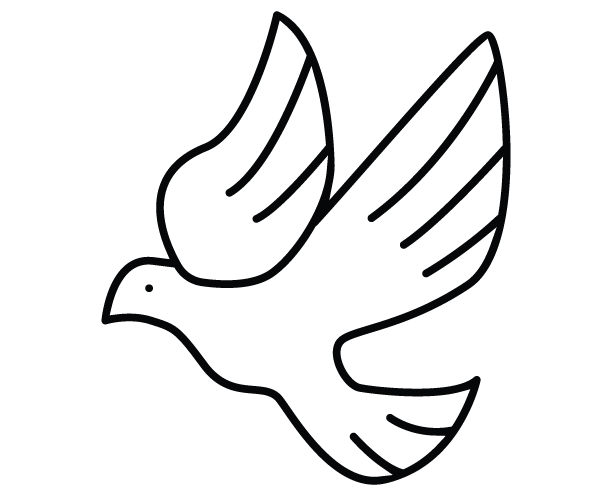How A Hospice Chaplain Can Benefit Your Care Team
A chaplain in hospice offers physical, emotional, and spiritual guidance to patients approaching end-of-life and their families. They bring to the table unique competencies, including offering counseling services to family members grappling emotionally or spiritually with the impending loss of their loved one.
As part of a hospice care team, they facilitate meaningful conversations between patients and caregivers, which helps strengthen relationships during end-of-life. They also provide spiritual guidance to help individuals find peace in their final days.
Ultimately, adding a hospice chaplain to your care team makes everyone involved feel better equipped when facing end-of-life issues. Let’s dive in and explore how a hospice chaplain can benefit your care team.

What Does A Hospice Chaplain Do?
A hospice chaplain is a professional who provides spiritual support to patients and their families during end-of-life care. They are trained in pastoral counseling, have completed an accredited program for chaplains, and must meet specific qualifications.
Key roles of a hospice chaplain:
- Providing emotional and spiritual comfort.
- Listening to patients and their families.
- Offering prayer or meditation.
- Giving hope in difficult times.
- Helping family members cope with grief.
- Creating meaningful rituals to honor the patient’s life.
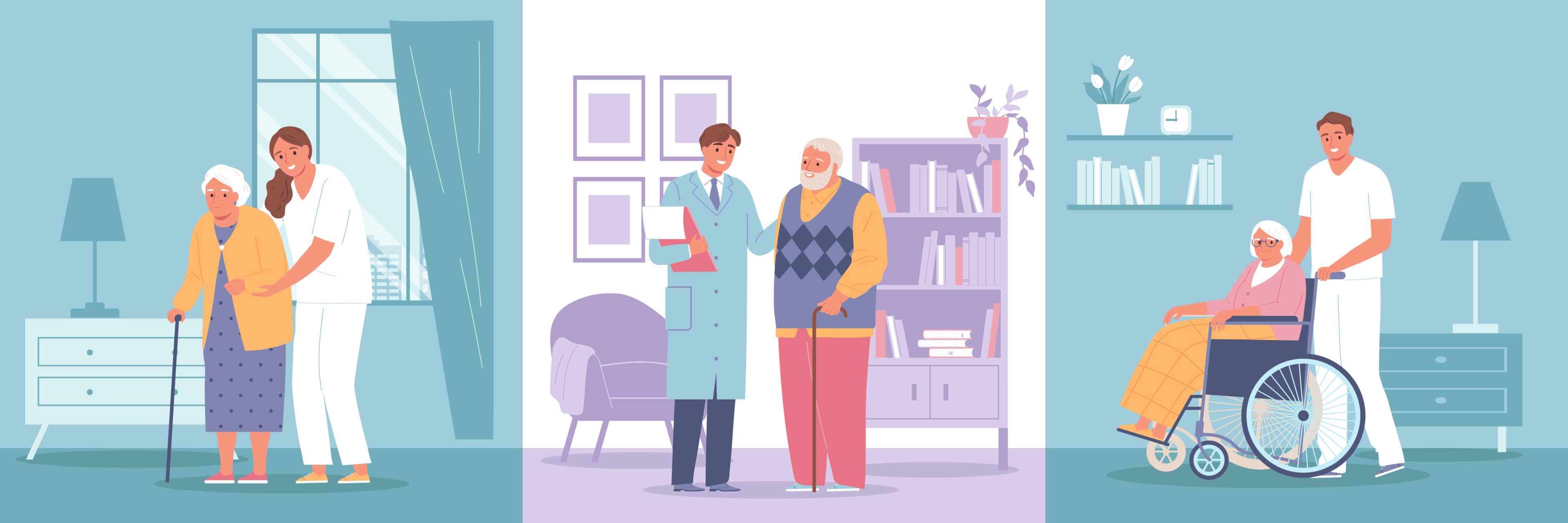
How A Chaplain Can Be Part Of Your Hospice Care Team
A hospice chaplain can be a great addition to your care team. They collaborate closely with other hospice team members, providing comprehensive and holistic care.
How a Hospice Chaplain Can Support Your Team
Collaboration:
- Work with physicians, nurses, therapists, volunteers, and documentation teams.
- Serve as a bridge between the patient’s hospice interdisciplinary team.
Practical support:
- Lead group discussions.
- Provide one-on-one counseling.
- Help patients and families cope with grief and loss.
Facilitating communication:
- Ensure patients, families, and staff are on the same page.
- Assist patients and families throughout the end of life process.
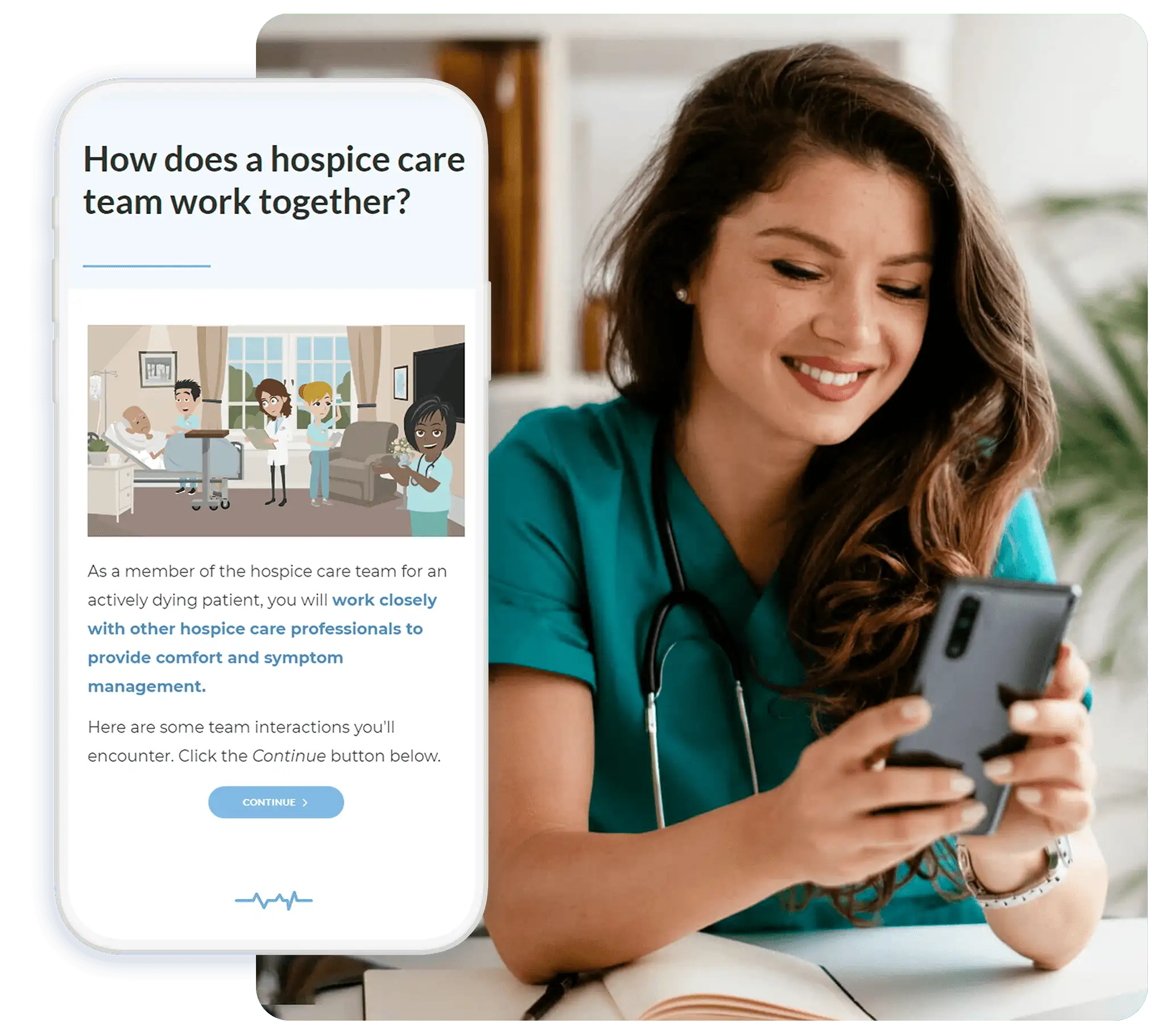
CONTINUA LEARNING
Simplify Your Hospice Team’s Training and Skill Building
A complete solution for your agency: more than 125 hospice courses, caregiver in-services, training plans, and more.
Hospice Chaplains Provide Compassionate Care and Emotional Support
Chaplains provide compassionate care o those dealing with difficult emotions through various spiritual practices. These include:
Offering emotional assistance during end-of-life events, such as:
- Funerals.
- Memorial services.
Creating a peaceful and understanding atmosphere, which:
- Supports everyone involved.
- Eases the patient’s journey.
Hospice chaplains recognize the unique nature of grief and aim to honor each individual’s beliefs and customs. Their goals are to:
- Ensure everyone feels heard, understood, respected, and supported throughout the hospice process or palliative care.
- Help patients and families cope better with challenges associated with severe illness and death.
- Provide compassionate listening as family members express their feelings.
Chaplains understand how hard it is for families facing end-of-life decisions. Chaplains strive to create meaningful moments in these moments. A hospice chaplain works closely with other care team members to craft unique strategies tailored to each situation.
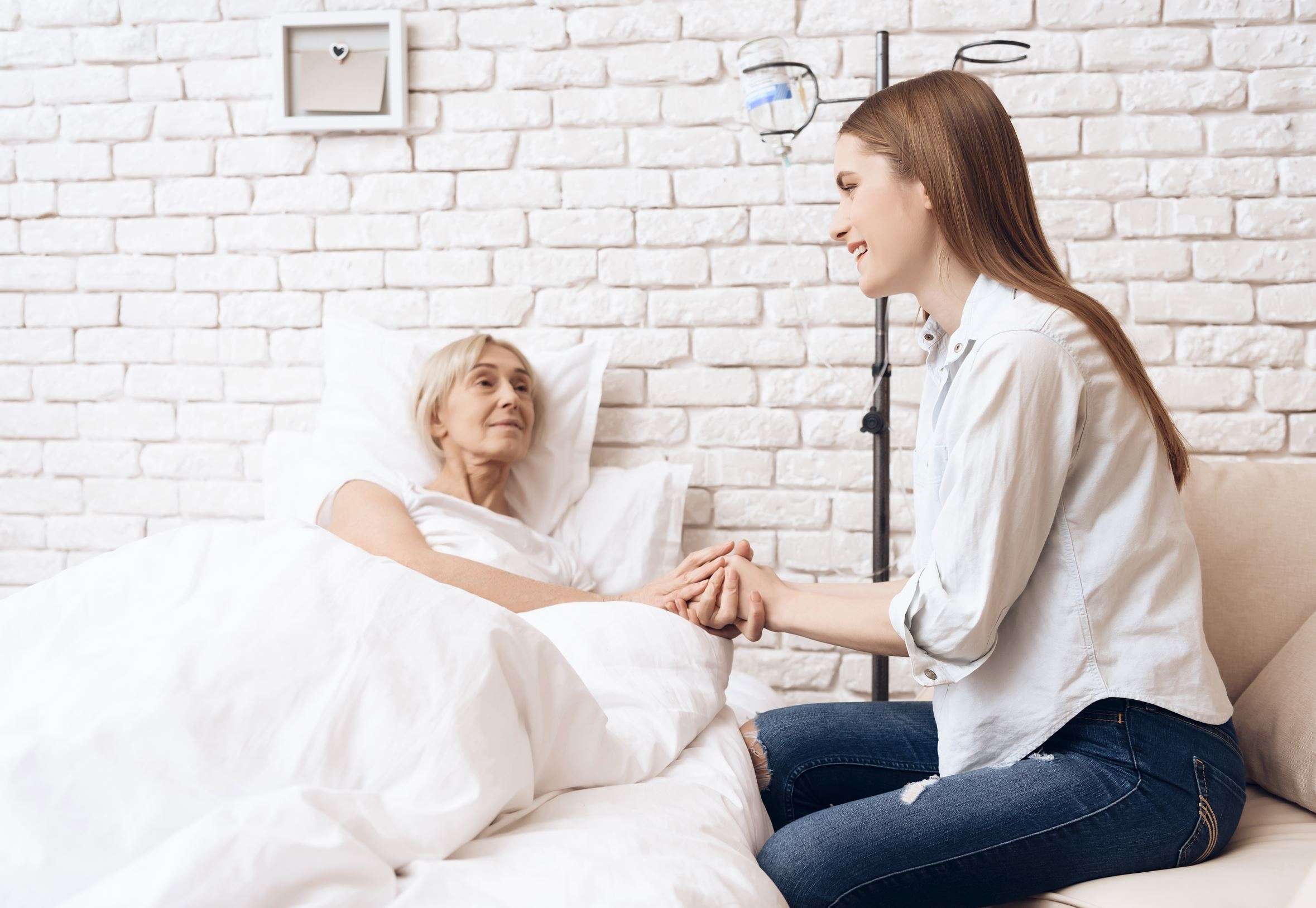
Hospice Chaplains Provide Spiritual Support For Patients And Families
By providing spiritual support, hospice chaplains make sure that hospice patients feel comfortable discussing matters related to death or other beliefs that might otherwise remain unspoken. Their presence helps create an atmosphere of acceptance where people can talk openly and honestly about all aspects of life- including its end.
Hospice chaplains offer non-denominational services available to people of all faiths or none. They are well-trained professionals who understand spiritual care’s complexities and collaborate with other hospice care providers to ensure that patients receive holistic care.

Hospice Chaplains Help Patients and Families with Legacy Work
Leaving a meaningful legacy is an important aspect of reflecting on one’s life. Hospice chaplains can provide support to patients and their families during this process by helping them:
Explore values, beliefs, and experiences: Chaplains guide patients and families in understanding life’s greater purpose.
Connect on a deeper level: This reflective process can help heal patients and their families, allowing them to bond in the face of mortality.
Create lasting memories: Hospice chaplains can assist patients in creating tangible memories for their loved ones, such as:
- Writing letters
- Creating memory boxes
- Recording videos to share life stories
By working with hospice chaplains, patients can feel empowered and in control of their legacy.

Hospice Chaplains Bridge Cultural And Religious Differences
Hospice chaplains are specially trained in spiritual care, providing invaluable guidance in bridging the gaps between people from different backgrounds.
Chaplains have experience connecting with those who may not be religious, as they recognize that everyone has their own beliefs and values. They strive to create an atmosphere of acceptance where all patients, families, and care team members are respected, no matter their background in the hospice setting.
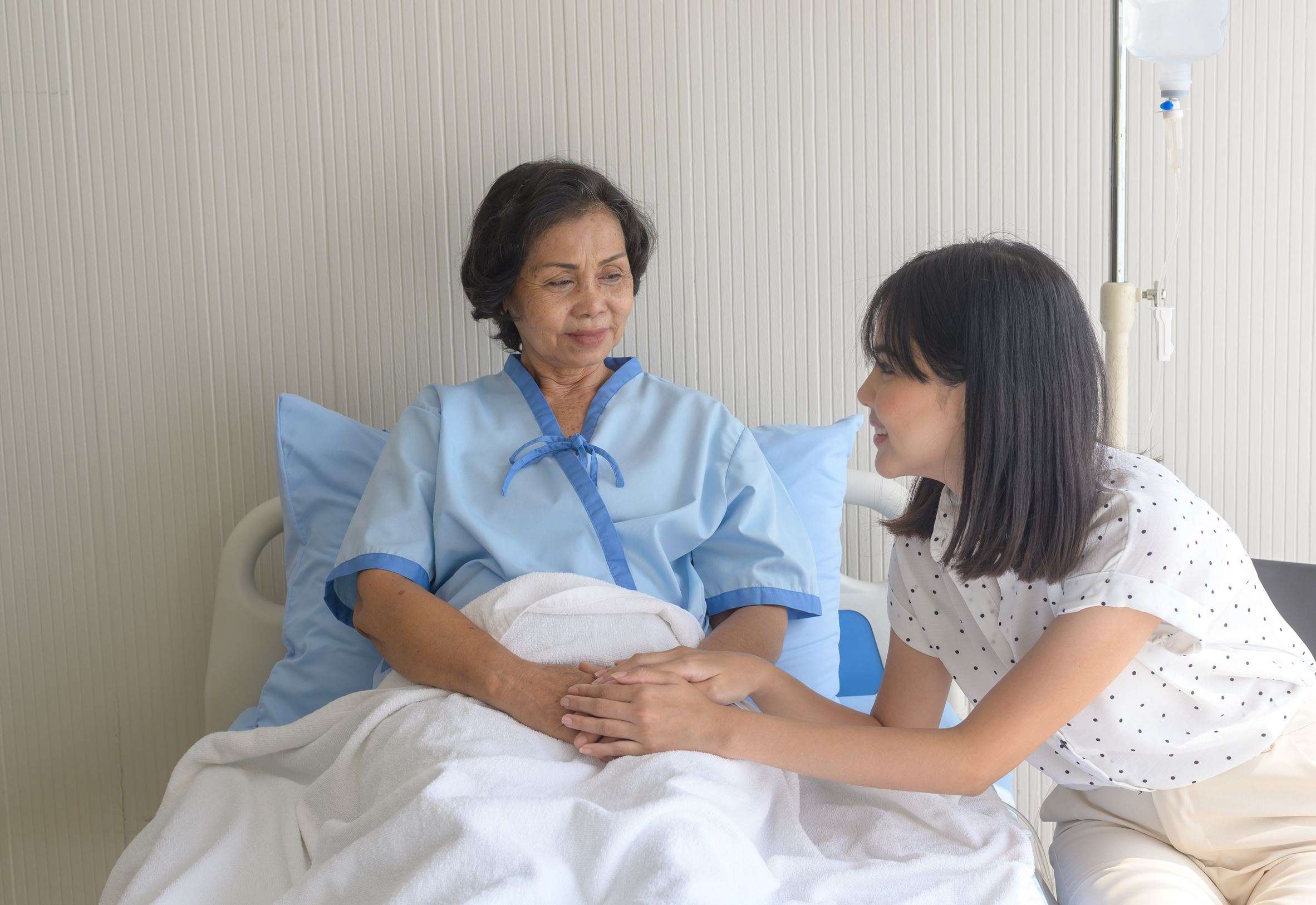
How Can A Hospice Chaplain Support A Patient Who Is Not Religious?
A hospice chaplain can provide support for patients who are not religious in a variety of ways. For example, they may offer comfort and companionship to those without family or friends nearby.
Moreover, the chaplain can assist with end-of-life decision-making, such as medical treatments or where to spend one’s last days. All these services enable a patient to feel supported even without religion.

What are the Accreditation Requirements for Hospice Chaplains?
Hospice chaplains must meet some requirements before beginning their service. Here’s a list summarizing the process of gaining chaplaincy certification:
- Earn a master’s degree in theology or a related field.
- Gain a firm foundation in the principles of spiritual care.
- Obtain certification from accredited organizations, such as the Association for Clinical Pastoral Education (board certified chaplains).
- Complete at least four units of CPE hospice and palliative care chaplain training programs.
- Gain clinical experience under the supervision of an experienced chaplain.
- Receive an endorsement from a church or religious organization (required by some certification entities).
- Become ordained (preferred by some hospice settings).

What Resources Do Hospice Chaplains Use To Support Their Work?
Chaplains use several key tools when providing compassionate, spiritual care for terminally ill patients and their families. These tools include:
Prayer and meditation:
- Hospice chaplains provide comfort and guidance through prayer and meditation.
- They carry religious texts or access online sources, such as Bible verses or hymns.
- Chaplains may lead group prayers or individual meditations during patient visits.
- They also draw from other faith traditions, like Buddhism or Islam, when appropriate.
Sacred literature:
- In addition to prayer and meditation, chaplains rely on sacred literature to support patients.
Music therapy:
- Chaplains create unique patient experiences using music therapy.
- This can involve listening to soothing melodies together or playing an instrument during prayers or conversations.
Grief counseling:
- Hospice chaplains are trained in grief counseling to provide emotional support during difficult times.
Referrals to supportive networks:
- Chaplains regularly refer patients to networks where they can receive additional assistance if needed.
Conclusion
It’s clear that chaplains can provide valuable support to a hospice care team. They are qualified professionals who specialize in end-of-life care offering an array of services tailored to a patient’s spiritual journey. Hospice chaplains have a unique ability to connect with patients on a personal level, helping them fulfill their last wishes.
At Continua we create custom training programs for hospices. Our services include over 120 hospice with CEUs courses to help your chaplains remain compliant, and boost their professional and personal development. Online hospice training is a key component of an agency’s hospice software solutions. Contact us today if you would like to learn more.
FAQs
What does a chaplain do when someone dies?
When a patient dies, a chaplain provides spiritual and emotional support to the family, friends, and hospice care team. Depending on the individual’s religious or cultural beliefs, they may offer prayers or conduct a spiritual ceremony or ritual. Additionally, a chaplain may provide grief counseling or facilitate discussions about end-of-life decisions. A chaplain’s role is to offer comfort and support during the difficult and emotional death and dying process.
What is the average caseload for a hospice chaplain?
A hospice chaplain’s average caseload depends on the number of patients the hospice serves. Typically, a caseload for a hospice chaplain is around 50 to 60 patients. This figure also depends on the level of care each agency assigned to their chaplains.
How long does it take to be a chaplain?
The time it takes to become a chaplain depends on the educational and certification requirements of the specific type of chaplaincy being pursued. Typically, it requires a bachelor’s degree and a graduate-level theological education. Completing clinical pastoral education and certification processes can take one to three years. Becoming a chaplain can take four to eight years of education and training.
How long does it take to be a chaplain?
No, a chaplain is not the same as a pastor. While both provide spiritual guidance and support, chaplains work in various settings, such as hospitals, prisons, and the military. At the same time, pastors usually serve a specific congregation in a church. Chaplains support people of different faiths, whereas pastors generally serve members of their own religion.

